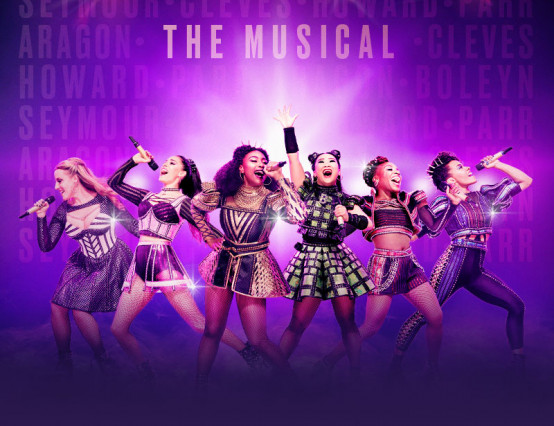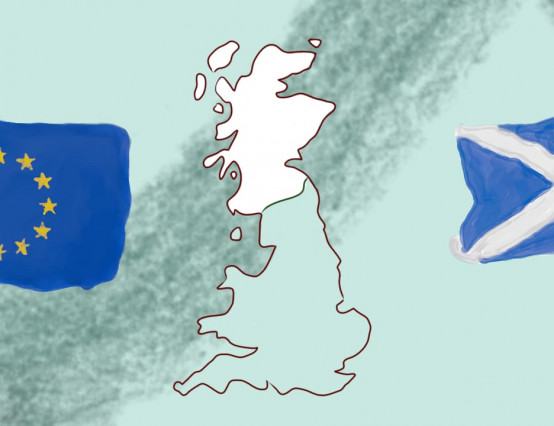Jack Monroe, the influential journalist and poverty campaigner, has received permission from the estate of Terry Prathchett to use a quote from one of his most famous characters — Commander Vimes — as the name of her new price index, which reports on how rising inflation impacts people living in poverty.
“The reason that the rich were so rich, Vimes reasoned, was because they managed to spend less money. Take boots, for example. He earned thirty-eight dollars a month plus allowances. A really good pair of leather boots cost fifty dollars. But an affordable pair of boots, which were sort of okay for a season or two and then leaked like hell when the cardboard gave out, cost about ten dollars.
"Those were the kind of boots Vimes always bought, and wore until the soles were so thin that he could tell where he was in Ankh-Morpork on a foggy night by the feel of the cobbles. But the thing was that good boots lasted for years and years. A man who could afford fifty dollars had a pair of boots that’d still be keeping his feet dry in ten years’ time, while a poor man who could only afford cheap boots would have spent a hundred dollars on boots in the same time and would still have wet feet.”
Vimes was often used as a reflection of real world issues. For example, the Patrician of Ankh-Morpork asking him to recruit the likes of golems, werewolves, and dwarves, paralleled essential diversity initiatives, which at the time was an effective way of presenting these issues to children (and many adults).
Author Rhianna Pratchett, daughter of Terry Prathcett, has said: “My father used his anger about inequality, classism, xenophobia and bigotry to help power the moral core of his work. One of his most famous lightning-rods for this was Commander Vimes of the Ankh-Morpork City Watch - a cynical, but likable, man who attempts to better himself whilst railing against the injustices around him. Some of which he’s had a hand in perpetrating in the past.
“Vimes’s musing on how expensive it is to be poor via the cost of boots was a razor-sharp evaluation of socio-economic unfairness. And one that’s all too pertinent today, where our most vulnerable so often bear the brunt of austerity measures and are cast adrift from protection and empathy. Whilst we don’t have Vimes any more, we do have Jack and Dad would be proud to see his work used in such a way."
Inflation is at a 30-year high, rising energy prices mean many will be unable to heat their homes, and many people are suffering from a cost of living crisis. Now more than ever, there needs to be a focus on supporting individuals and families. A proposition for increased Capital Gains Tax could be a way to replace the universal national insurance hike.
How is inflation calculated?
Inflation is a measure of how much the cost of living has increased (or decreased). The generally accepted method of calculation is through the CPI, or Consumer Price Index, which measures the annual percentage change in price levels.
A survey of around 6000 people is used to determine what percentage of a household's income goes towards certain goods. For example, 20% of that income may go towards housing and bills, whilst 2% could go towards cigarettes. This allows the government to determine the most common expenditures households have. They then assign each expenditure a value based on how important it is, a process called 'weighting'. Non-essential expenditures have lower weighting values than essential ones.
Then the government measures the price changes of the 1000 most common expenditures, noting the percentage change in price compared to a base year, often the year before. The various price increases are then multiplied by each expenditure's weighting value. The overall percentage difference between the current year and the base year is calculated, and that is considered to be the value of inflation.
Jack Monroe has been highly critical of the way inflation is calculated, saying that it does not take into account how people with the lowest incomes are impacted. Luxury foods are often lumped in with essential foods, meaning that whilst items like champagne may not have much of an increase in price, things like rice and bread could see rises that are extremely significant for those with lower incomes. The end result is that the calculated inflation in food prices will not accurately reflect how the price change has impacted people.
In response to her 'Vimes' boots poverty index', the organisation that calculates inflation has promised to revamp their system. Ideally, this could see more support allocated to the people who need it most.









0 Comments